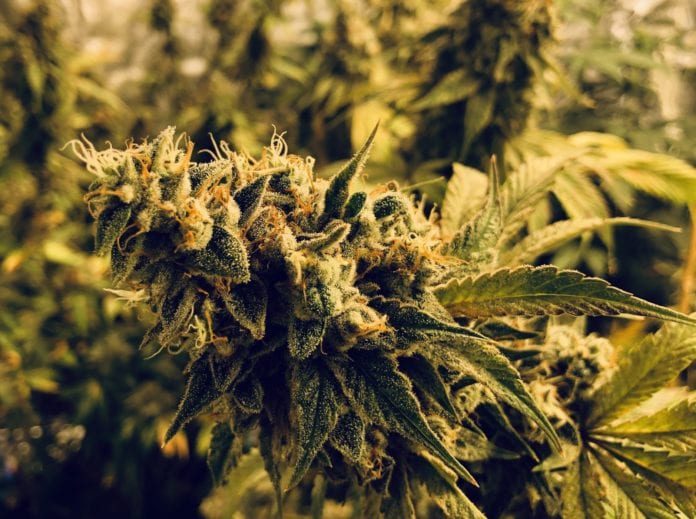Susan counts the pills in her oxycodone bottle again. It confirms her suspicion. She’s been running out faster than before, even though she is taking them precisely how her doctor instructed. Susan has noticed that her 19-year-old son has been using the master bathroom instead of the one next to his room. He becomes furious when she asks if he knows anything about the missing pills. A few days later, Susan finds a bag of unknown medications in his coat pocket. When asked, he says they are for some allergies he recently developed. Susan can tell he isn’t being truthful. She has read about the opioid crisis. The thought that her son might be caught up in it is deeply distressing. What can she do?
Every year, thousands of parents are concerned about their child’s substance use. Young adults are at particularly high risk for using substances in dangerous and potentially lethal ways. In 2017, 14.8% of U.S. young adults qualified for a substance use disorder diagnosis. Alcohol, marijuana, cocaine, opioids (including heroin and pain relievers) are among the most commonly used. To make matters worse, young adults often do not realize, or are in denial of, their addiction problems. Many rationalize their use by comparing themselves to other substance-using peers. Unfortunately, young adults will often only volunteer to enter treatment after a negative life event that was associated with their substance use, or are encouraged to by their family members.
As parents, you can play a pivotal role in your child’s recovery. Studies show that patients whose families are involved in their substance use treatment fare better when compared to those who face addiction on their own. Young adults are often still living with or financially dependent on their families. Parents and family members are also typically the first ones to notice unusual behaviors.
“Parents of young adults often feel stuck. They want to help their child, but also give them space to learn and make mistakes on their own. When it comes to worrisome drug use, we often encourage parents to at least facilitate some type of clinical assessment. A plan can then be developed that promotes healthier behaviors while maintaining a degree of autonomy for the young adult.”—Dr. Justine W. Welsh, Addiction Psychiatrist
Young adults can be initially resistant to specialized care for substance use. Trained clinicians can work with you to develop a plan to engage your child in treatment. Every approach is individualized, taking into account what has and hasn’t worked for your family.
If your child is having substance use problems and needs professional help, click the link below to learn more about our services.
Learn more about substance use treatment from Emory Healthcare Addiction Service.



